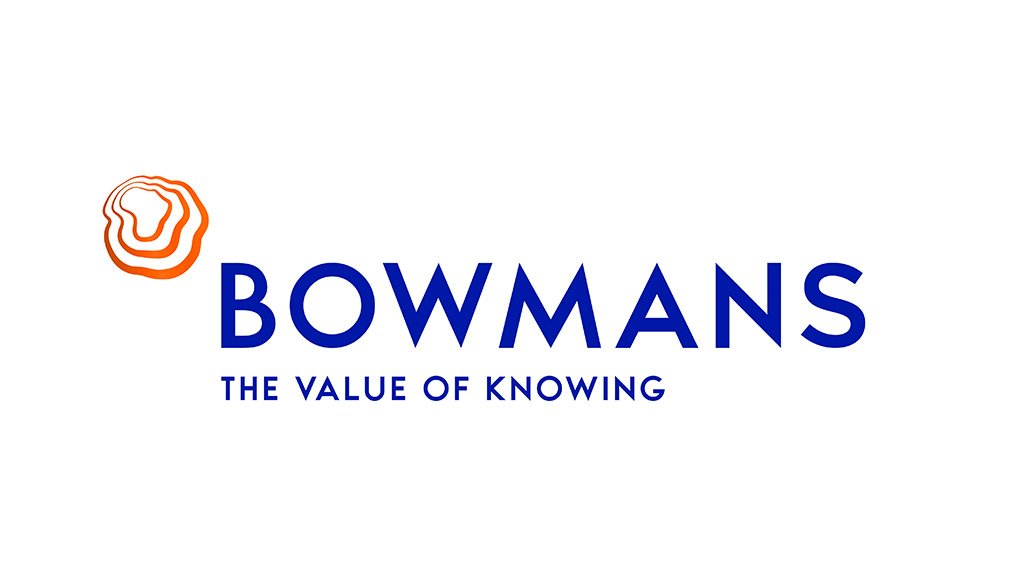The announcement last week that five new Commissioners of the East African Community (EAC) Competition Authority (Authority) have now been sworn in, is of importance to investors involved in cross border merger transactions in East Africa. This is according to Xolani Nyali, Senior Associate in the Competition Practice at pan-African law firm Bowmans.
Nyali notes that the appointment of Innocent Habarugira (Burundi), Francis Kariuki (Kenya), Frederick Ringo (Tanzania), Didas Kayihura (Rwanda) and Sam Watasa (Uganda) as EAC Commissioners means that compliance with the regulations of this new regional Competition Authority is now likely from early next year. This is in addition to the regulations of existing national competition regimes, and the COMESA merger notification obligations.
According to the EAC, the Commissioners considered the Authority’s draft internal rules of procedure which spell out how it will conduct its business, developed a work plan and EAC merger review issues during their three-day inaugural meeting in early November.
“A likely area of tension will be the relationship between the new EAC Competition Authority and COMESA," says Nyali. I"t remains to be seen how this will be resolved but it appears inevitable that there will be a period of regulatory uncertainty and duplication for investors doing business, largely in East Africa."
The Authority has also appointed a Head of Mergers from a reputable agency of one of its Member States, which already had an active merger control regime in place.
“This is a strong indicator that the Authority’s initial focus will be on merger control. COMESA also focused on mergers for the first three years of operation. In fact, competition authorities in Africa have focused largely on merger control at a national and regional level," says Nyali.
Nyali notes that the downside is that companies investing or acquiring businesses in these jurisdictions, could now be obliged to notify three separate regulatory bodies, pay three separate filing fees and allow for the approval times across three separate regulatory regimes before their transaction can be approved.
“For example, if a company in the United States intends to acquire a company in Kenya with business activities in other African countries, the transaction must be notified in Kenya, and in COMESA and the EAC competition authority, as Kenya is a member of both. This can be frustrating to businesspeople who may consider that these regulators are essentially doing the same job,” he says.
“The good news for investors is that if there is not a competition issue at a local level, there is unlikely to be one at a regional level. However, complications may arise. For instance, if the Kenyan target company has a subsidiary in Ethiopia or Uganda and the subsidiary is dominant there, the transaction may raise a competition issue at a regional level, even if there is not a competition issue locally. The interesting thing is that in such a case, the transaction could face regulatory challenges in the EAC although Uganda itself has no domestic competition law. This will likely hold up the review and regulatory approval of the transaction.
“Foreign M&A teams need to ensure they are aware of the various merger filing requirements before a transaction begins, because if a competition or public interest issue is identified by any of the competition authorities, time-sensitive deals could be held up for a significant time. This is because some regimes provide for lengthy review periods or do not have deeming provisions for merger approval once the regulator runs out of time to review the transaction,” he says.
“It is therefore imperative that companies transacting in Africa prepare for the potential added administrative burden, time and cost of dealing with up to three competition regulatory bodies. This is particularly the case at the EAC Authority and COMESA where commissioners are employed on a part-time basis and therefore do not sit regularly to engage with legal practitioners and the business community. However, as we have seen with COMESA, the employment of highly capable, professional staff can help to alleviate this problem,” Nyali adds.
EMAIL THIS ARTICLE SAVE THIS ARTICLE
To subscribe email subscriptions@creamermedia.co.za or click here
To advertise email advertising@creamermedia.co.za or click here











